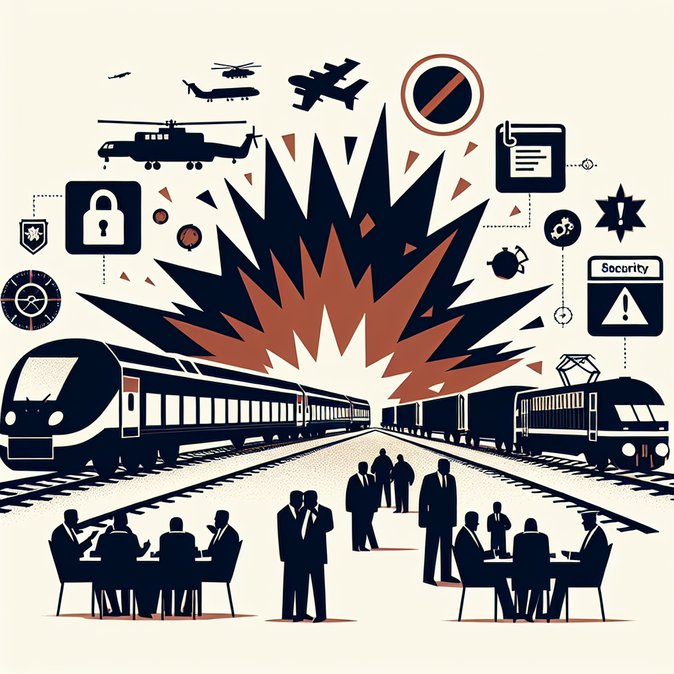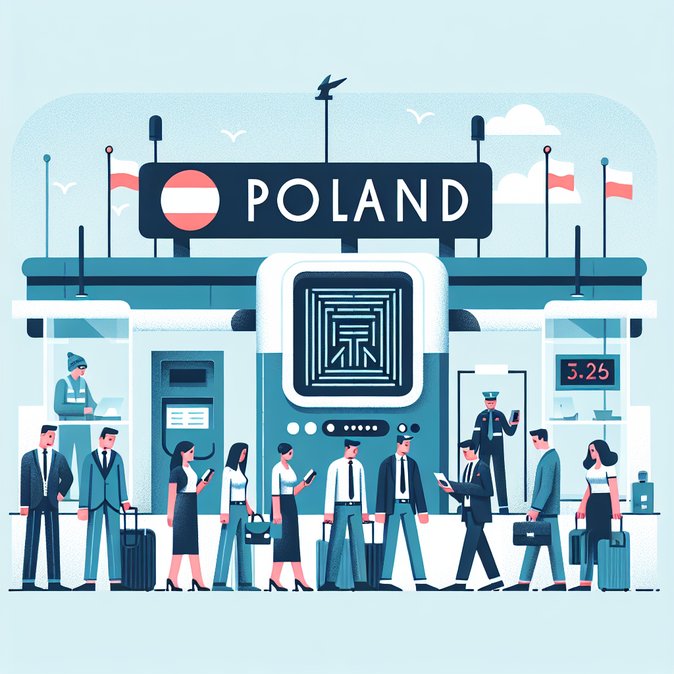
Business travellers heading east of Warsaw faced an unpleasant surprise after an explosive device damaged tracks on the strategic Warsaw–Lublin line overnight on 20–21 November. The corridor funnels commuters, freight and humanitarian aid toward the Ukrainian border and is a lifeline for companies operating in the Lublin Special Economic Zone. All traffic was halted for 36 hours, forcing LOT-connected passengers to finish journeys by road and obliging freight forwarders to detour up to 200 kilometres.
Prime Minister Donald Tusk told parliament that investigators have linked the sabotage to Russian intelligence, describing the attack as “state terrorism”. Two suspects reportedly fled to Belarus, prompting diplomatic protests and the closure of Russia’s last consulate in Gdańsk. More than 4,000 soldiers and Military Police were deployed to guard rail yards, bridges and power nodes nationwide. The Internal Security Agency has since arrested several alleged collaborators, and the government is asking EU partners to tighten Schengen movement rules for Russian diplomats.
![Rail Sabotage Prompts Security Clampdown and Travel Disruptions]()
PKP Intercity restored limited service on 22 November, but extra security checks and speed restrictions are adding up to 45 minutes to journeys. Corporate security managers are advising staff to register itineraries, allow additional buffer time and use verified taxi providers at provincial stations. Logistics teams moving automotive parts and perishable goods to Ukraine are activating alternate road routes via Rzeszów and Białystok to keep just-in-time supply chains intact.
The incident comes amid a wider pattern of hybrid attacks that also includes arson at power substations and cyber-intrusions against airport networks. Mobility-risk consultants expect insurers to raise premiums on rail-dependent supply chains, and some companies are dusting off contingency plans to shift more traffic to airfreight despite higher costs.
For HR professionals, the key takeaway is to treat Poland’s domestic trips with the same duty-of-care rigor as international travel. Employers should add the government’s ABW alert feed to corporate travel-security dashboards and ensure that travellers carry at least one offline communication channel in the event of network disruptions.
Prime Minister Donald Tusk told parliament that investigators have linked the sabotage to Russian intelligence, describing the attack as “state terrorism”. Two suspects reportedly fled to Belarus, prompting diplomatic protests and the closure of Russia’s last consulate in Gdańsk. More than 4,000 soldiers and Military Police were deployed to guard rail yards, bridges and power nodes nationwide. The Internal Security Agency has since arrested several alleged collaborators, and the government is asking EU partners to tighten Schengen movement rules for Russian diplomats.

PKP Intercity restored limited service on 22 November, but extra security checks and speed restrictions are adding up to 45 minutes to journeys. Corporate security managers are advising staff to register itineraries, allow additional buffer time and use verified taxi providers at provincial stations. Logistics teams moving automotive parts and perishable goods to Ukraine are activating alternate road routes via Rzeszów and Białystok to keep just-in-time supply chains intact.
The incident comes amid a wider pattern of hybrid attacks that also includes arson at power substations and cyber-intrusions against airport networks. Mobility-risk consultants expect insurers to raise premiums on rail-dependent supply chains, and some companies are dusting off contingency plans to shift more traffic to airfreight despite higher costs.
For HR professionals, the key takeaway is to treat Poland’s domestic trips with the same duty-of-care rigor as international travel. Employers should add the government’s ABW alert feed to corporate travel-security dashboards and ensure that travellers carry at least one offline communication channel in the event of network disruptions.


